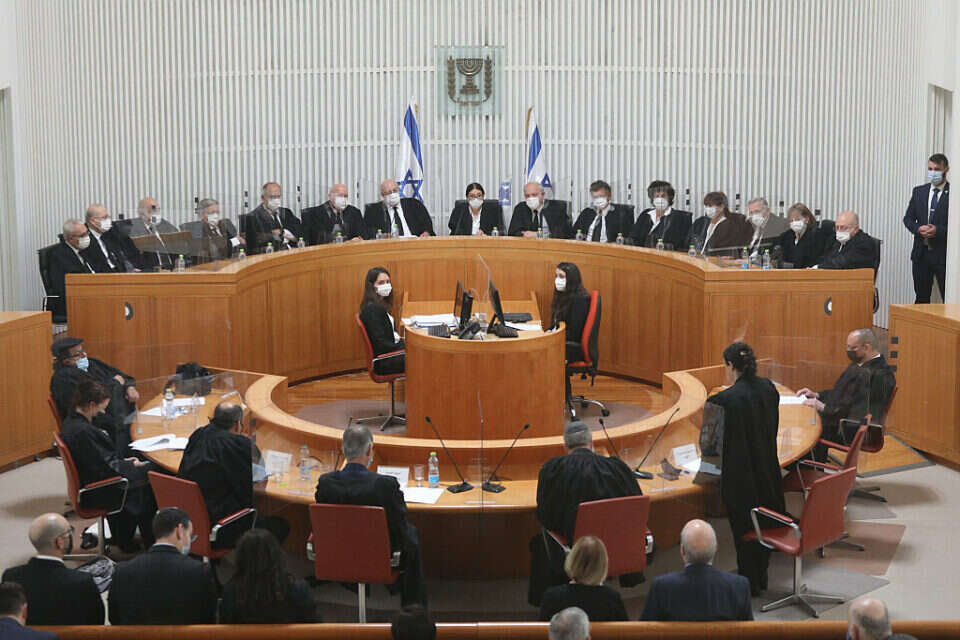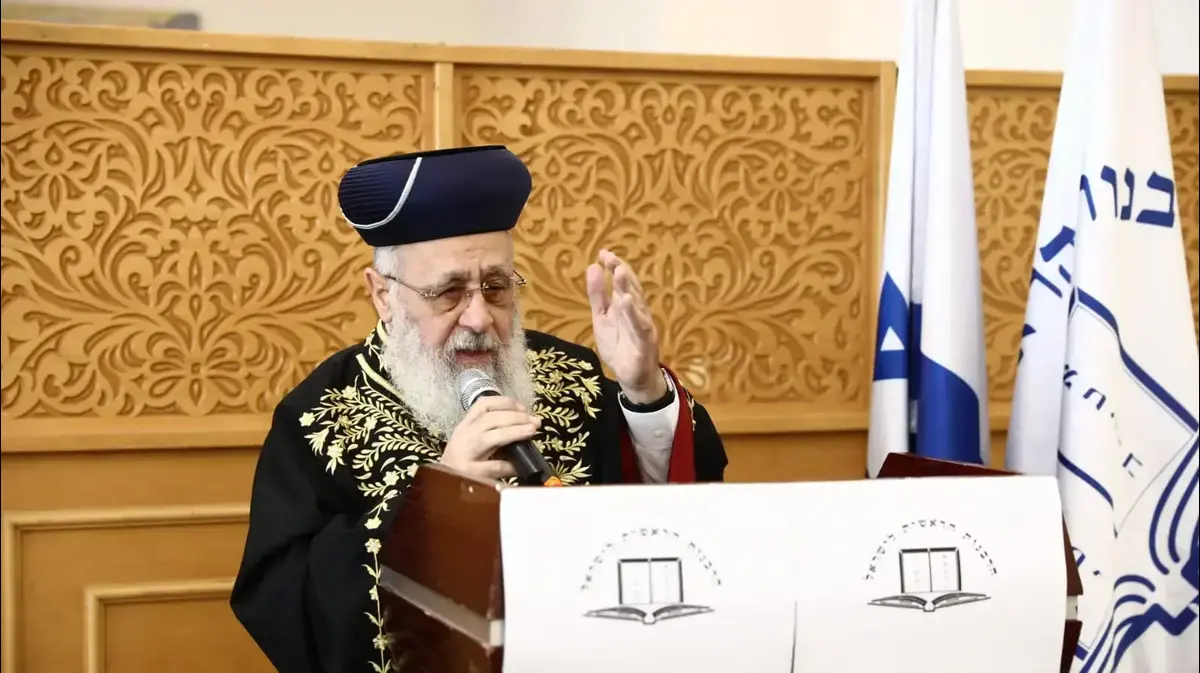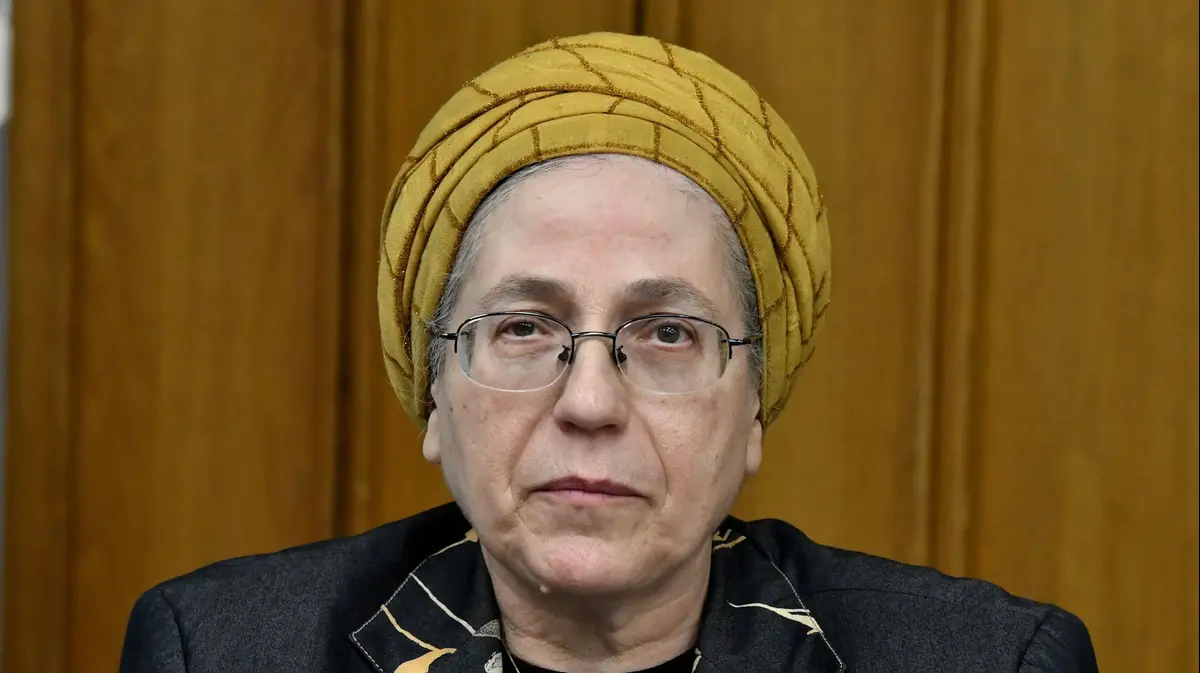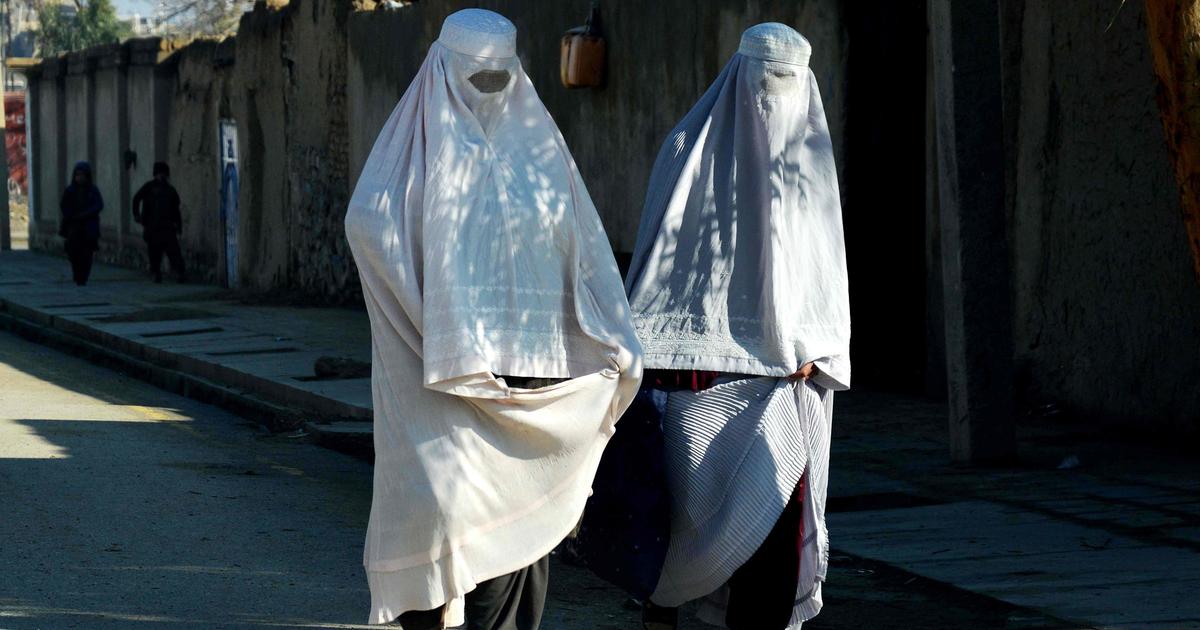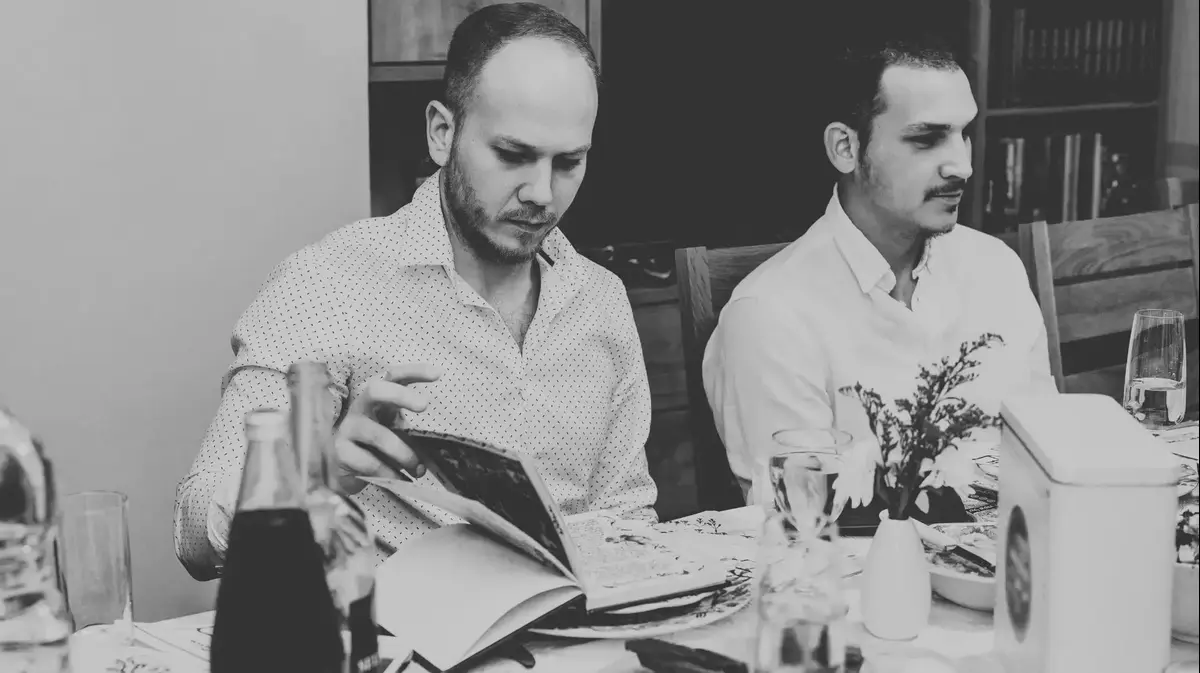For some time now, we have been following the process of appointing judges in Israel, along with the process of appointing new judges.
The Judicial Selection Committee, which is supposed to select impartial and neutral judges, is designed to give expression to interest groups, and the controversy is mainly aimed at who will control the committee and the appointment of judges.
The structure of the committee headed by the Minister of Justice, and its members are Knesset members, who almost consistently represent the position of the government and the coalition, judges and lawyers, is a challenge to find agreed candidates, which creates a fertile ground for heated debates and intrigues.
This raises many questions about the conflict between the loyalty of judges to their position and the loyalty to their senders and those who appointed them.
For dayanim this is doubly complex, since beyond his extensive professional and Torah knowledge the potential dayan needs, the appointment of the dayanim honor should be according to deep spiritual and value standards from the highest level.
The Dayanim must be fearless and accept the yoke according to the living God.
Hearing room with partitions - Tel Aviv Magistrate's Court, Photo: Gideon Markowitz
The conscience of a judge who imposes on a person an unreasonable payment can be quiet, from the very fact that he has judged according to the values of law and morality that allow him to understand reality and decide according to rules and procedures, and his judgment as he sees it.
His monies, of course, are flesh and blood.
On the other hand, the Dayan who sucks his authority and knowledge from the Torah, is subject by his very role and status to the Blessed One - the highest spiritual hierarchy, which delegated to him the ability to discuss and expropriate property and property from one and transfer it to another.
Any error in the law that results from a deviation from the foundations of the Torah and Halacha, will impose the crime of robbery on the judge himself, who will give the law for it in the future.
On the other hand, when the dayan does not feel this way - it proves that he is not worthy of fulfilling his role.
In the Torah, the Dayanim, who judge between a person and his friend, are called 'God'.
In contrast to this definition, which is sacred when referring to the Creator of the world, when it is directed to the judges, it is an image and definition of the role - "until God comes the word of both" - (Exodus 22: 8).
The word "judge" is mentioned in the Torah for the first time in Abraham's words to Gd. "Judge not all the earth; will he not execute judgment?" (Genesis 18, so). Hence the responsibility that rests on the judge and the judge to resemble God in his ways - "Thou shalt not pervert judgment, thou shalt not know face to face, neither shalt thou take bribes," "for judgment is not God" (Book of Deuteronomy).
The proposal to delegate from the leader's responsibility and appoint judges to judge and answer the needs of the people is first presented in the Torah in the name of Jethro, who advised his son-in-law Moshe Rabbeinu how to regulate the many references to him on various issues he is required to discuss as a leader. The proposal also comes with clear criteria of integrity and values for the high office of the judge: The Torah is more prominent in the characteristics of the judge, as well as the deep familiarity of the representatives of the public with the virtues of the judge before his appointment:
Wisdom expresses deep knowledge in the wisdom of the Torah, understanding expresses the ability to analyze and understand thing from thing. But why does Moses ask the judges to be 'celebrities'? Why is it a necessary condition to be appointed a judge?
The Ramban in his commentary on the Torah explains that it is necessary to appoint judges and judges whom the tribes recognize as 'know' the basic qualities of serving as a judge as detailed by Jethro and which Moshe did not repeat because they are self-evident. It is required to be well acquainted with the inner qualities of the candidate and his specific abilities for the job, something every tribe can check about its people. The well-known Sephardic commentator Don Yitzhak Abarbanel, who lived during the expulsion from Spain, explains in one of his commentaries on the Torah that the judges will be chosen by the tribes and not the leaders. In short a collection of representatives who choose the right judge on their behalf.
The appointment of judges and judges in Jewish communities throughout the ages has been primarily by community leaders and rabbis.
According to Adv. Rabbi Michael Vigoda, in an article on the subject, he reviews the benefits of this method, and explains that the dayan does not depend on the members of the community in which he serves as a judge, even though he receives his salary from them. He must be accountable for his actions only to the head of the Diaspora or to the head of the yeshiva, and therefore he should not face anyone. The choice of judges was made by public representatives who were selected from the people and these chose the judges most worthy of their taste.
In light of the above, there is no denying that the central value that is supposed to stand in front of the committees' discretion is objective evidence of its capabilities in the face of values and morality.
Today, the judges are elected by the committee's elected members, from among elected representatives from all the authorities - the legislature, the executive and the judge, in order to create maximum balances in the face of the general conduct in this. The report of the Committee for the Selection of Judges, which was submitted to the Minister of Justice in the month of Nissan 5771, presented a number of recommendations on this subject. "The selection of judges must be based, first and foremost, on the professional level and personal qualities of the candidates," it read. "However, when the professional level and personal qualities exist to the required extent, weight should also be given to the principle of social reflection." That is, an appointment on behalf of representatives with a kind of social diversity in order to represent the entire people. According to one method, this seems to mean tribes - representatives of the various population groups.
The judge should feel on the one hand the sense of mission but inevitably he should feel the public terror on him while working in reverence while doing this mission.
It seems, therefore, that the proper balance between the various authorities has not yet reached the solution and vision of the whole but is supposed to express the choice of the people in its various representatives.
Rabbi Shraga Natan Dahan is an officer in the Res. He has a master's degree in technology and is certified as a rabbi and judge. Serves as a consultant and lecturer in public, security, educational and scientific bodies on issues of halakhah, technology, medicine, science and space.
Were we wrong?
Fixed!
If you find an error in the article, we will be happy for you to share it with us and we will correct it

